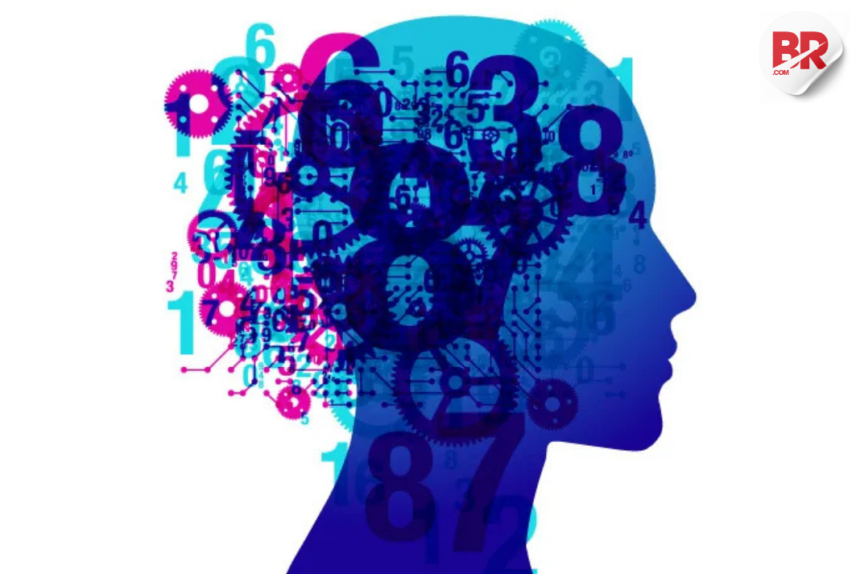
AI models are not just blind machines — they’re developing a human-like understanding of the world. This isn’t some sci-fi fantasy. It’s a big breakthrough, and it shows us we’re entering a new era in technology.
Chinese scientists recently made a huge discovery. They tested AI models on 4.7 million “odd-one-out” decisions across nearly 2,000 everyday objects. The result? The models naturally formed 66 core ways of thinking about these things — just like we do.

Why Are We So Excited?
For a long time, many people said AI models were just “stochastic parrots”— clever copies without true understanding. But this new research shows something different. It highlights that these machines are developing their own internal “maps”— a way to group and connect knowledge — much in the way our human brains do.
This isn’t just memorizing data. It’s thinking. It’s organizing information in a way we find logical and useful. The AI models started to connect food with food, tools with tools, and animals with animals — just like a human child might learn about the world.
Also Read Snap’s Smart AR Specs May Beat Meta, Google & Apple
Why It Matters
This breakthrough matters a lot. If AI models are organizing knowledge the way we do, it means we’re not far from a future where machines can learn, reason, and solve problems in a more human-like way.
Picture this: a robot that not only performs tasks but also understands context. That means it can adapt to new situations, make decisions, and help us solve problems we hadn’t even thought about.
The Link Between Machine and Human Thinking
The research also shows something wild — these internal maps match patterns in human brains. Scientists found strong alignments in regions responsible for object recognition and knowledge storage.
This means AI models aren’t just machines with data. They’re developing structures in their “minds” that reflect how we view the world. It brings us a step closer to creating true artificial intelligence — a kind of thinking machine.
We’re proud to say AI models are proving doubters wrong. They’re not simple copies; they’re growing, organizing, and understanding just like us.
So watch this space. The future of technology is not about robots that follow orders — it’s about machines that think, learn, and innovate alongside us.
Also Read MIT’s SEAL Shocks Scientists – AI Now Teaches Itself, Needs NO Human Help!












